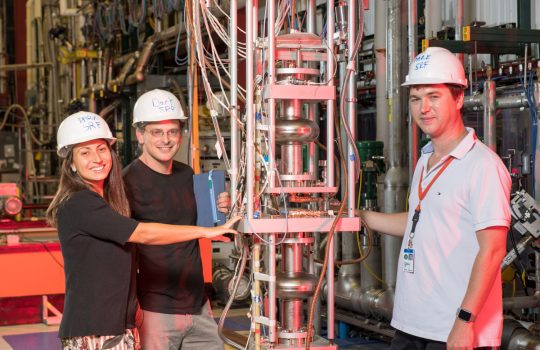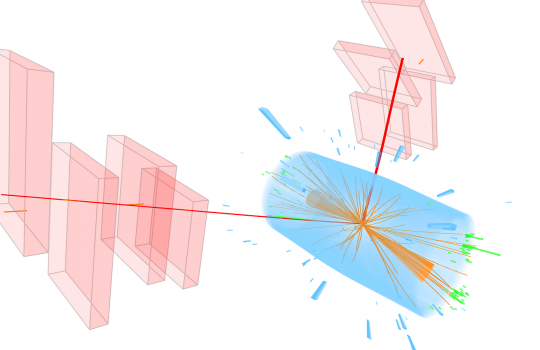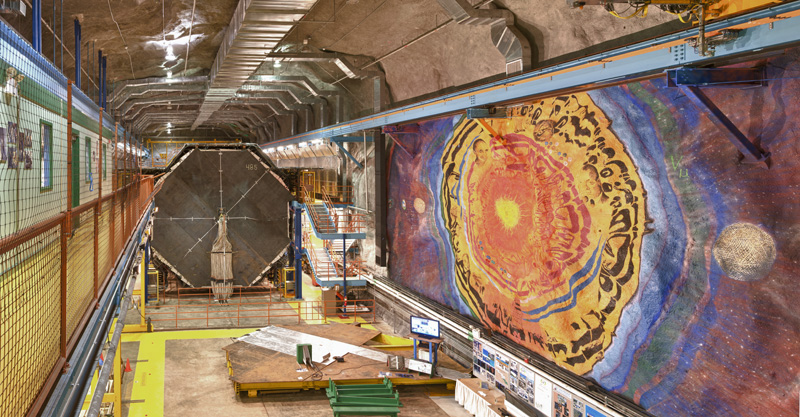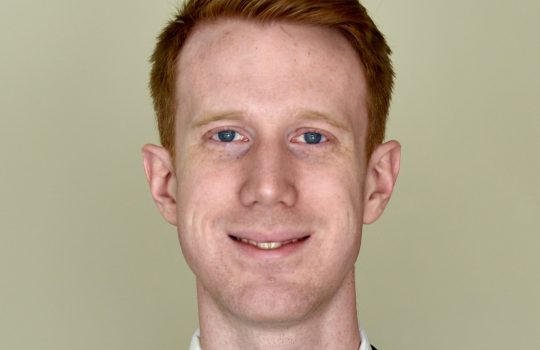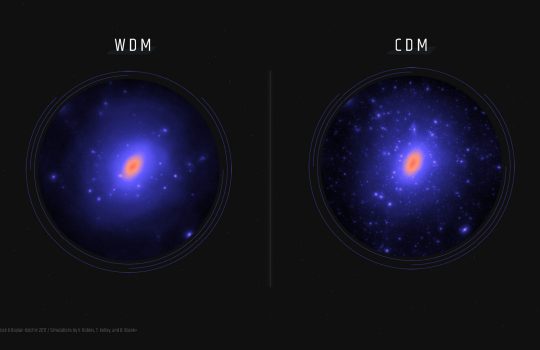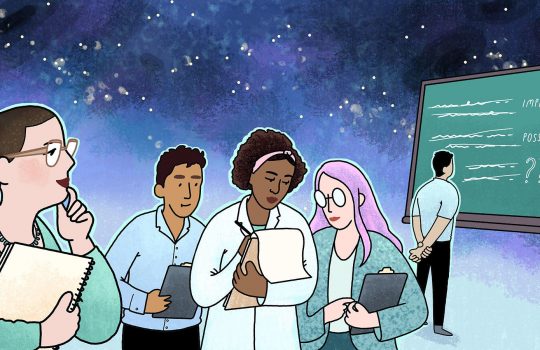White House Office of Technology Policy, National Science Foundation and Department of Energy announce over $1 billion in awards for artificial intelligence and quantum information science research institutes
- artificial intelligence
- Department of Energy
- DOE
- National Science Foundation
- NSF
- Office of Science and Technology Policy
- quantum computing
- quantum information science
- quantum science
- quantum sensor
- SQMS Center
- Superconducting Quantum Materials and Systems Center
Funding will go towards NSF-led AI Research Institutes and DOE QIS Research Centers over five years, establishing 12 multidisciplinary and multi-institutional national hubs for research and workforce development in these critical emerging technologies. Together, the institutes will spur cutting-edge innovation, support regional economic growth and advance American leadership in these critical industries of the future.


